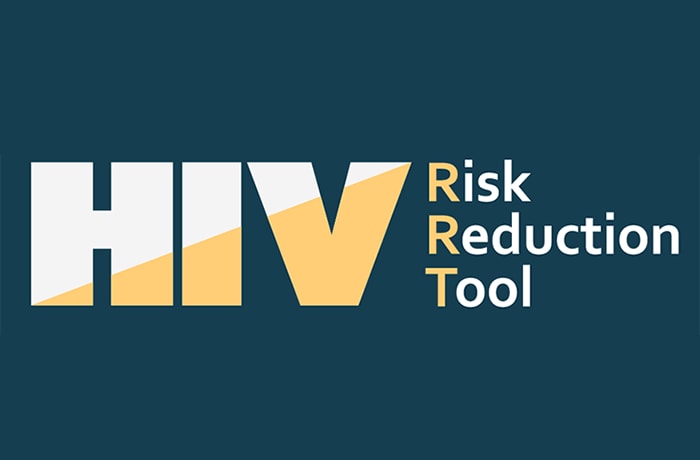Family Planning

Advances in HIV research, prevention, and treatment have made it possible for women with HIV to give birth to babies who are free of HIV. Learn more about protecting your baby during pregnancy, birth, and after delivery.
If you have HIV or have a partner who does, having all the information will help you plan.

You and your provider can talk about:
- HIV treatment with sustained viral suppression.
- Your desire to have children.
- When you would like to start a family (such as within 6 months or in a year).
- How to prevent pregnancy until you are ready.
- How to prevent transmitting HIV to your baby and to a partner who doesn’t have HIV.
- How to stay healthy or improve your health, including being virally suppressed if you have HIV.
- Any health conditions (such as diabetes or obesity) or health concerns (such as smoking).
- Sharing your HIV status with your partner, if applicable.

There are options for becoming a parent that reduce the chances of transmitting HIV to a partner who doesn’t have HIV.
- HIV treatment with sustained viral suppression.
- Safer conception techniques.
- Assisted reproductive technologies (such as in-vitro fertilization or intrauterine insemination).
- Adoption, sperm donation, or surrogacy.

- It is important to discuss the pros and cons of each option with your provider.
- Support is available to discuss these options with your partner.
- With an undetectable viral load, studies have shown there is no risk of transmitting HIV to your sex partners and less than a 1% risk of transmitting HIV to infants during pregnancy.
- Encourage your partner to know their HIV status.
- Learn about PrEP for partners without HIV.
There are steps you can take now before becoming a parent.
If you have HIV, talk to your provider about:
- How taking HIV medicine can help you.
- Whether you or your partner has a sexually transmitted disease (STD) and get treatment.
- If you are due for any immunizations.
- Take a multivitamin that contains folic acid (folate) daily (recommended for people who may become pregnant).
- Avoid smoking and drug use (your partner should avoid these, too).
- Avoid alcohol.
If you have HIV or have a partner who does, having all the information will help you plan.

You and your provider can talk about:
- Your decision not to have children right now.
- All the options available to prevent pregnancy.
- Any health conditions (such as diabetes or obesity) or health concerns (such as smoking).
- Sharing your HIV status with your partner, if applicable.

When thinking about birth control consider:
- What options will work best for you.
- What problems could you come across.
- Whether the method offers protection from HIV and other STDs.
- How your partner will feel about the method you’ve chosen.
- What you will do if you or your partner becomes pregnant unintentionally.

Ways to stay healthy:
- If you have HIV, taking your HIV medicine is the best thing you can do to stay healthy.
- Using condoms will help prevent pregnancy and the transmission of HIV and other STDs.
- Encourage your partner to get tested for HIV and other STDs.
- Encourage partners to talk to their providers about ways to prevent HIV, including using PrEP.

